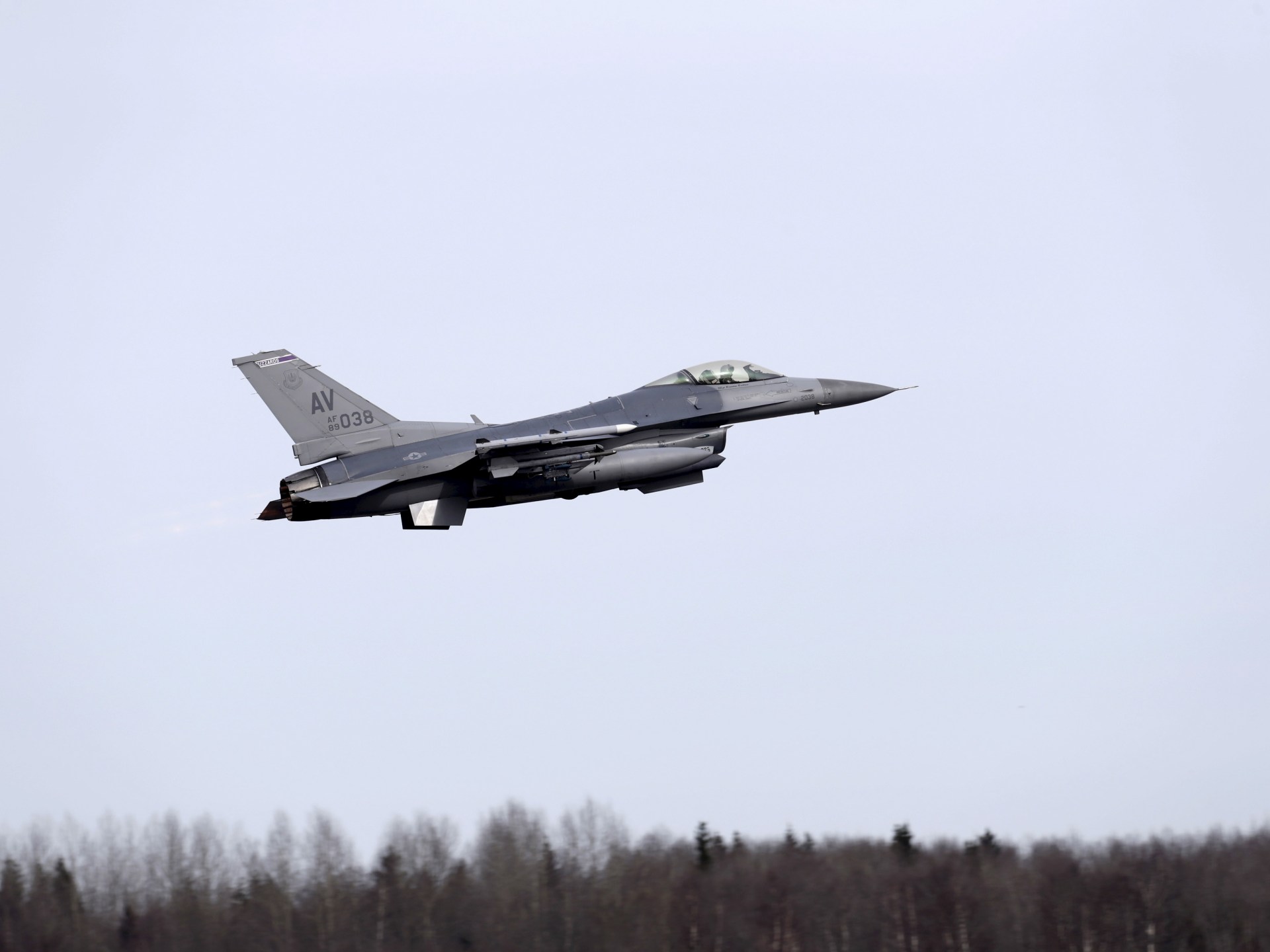Although Turkey has submitted a request to obtain a modern model of the American F-16 fighters since 2021, negotiations are still ongoing today, amid attempts by members of Congress to impose conditions on the deal.
Members of Congress are trying to link the deal to Turkey's approval of Sweden and Finland's accession to NATO, which is rejected by Ankara, which requires the two countries to fulfill their pledges to eradicate what it calls "terrorist elements" targeting Turkey from their lands.
Amid these tensions, questions arise about the reasons for Turkey's keenness to complete the fighter jet deal, the obstacles it faces, and the impact of Washington's refusal to complete it on the relations between the two countries.
These questions are answered - in an analysis by Anadolu Agency - Rifaat Öngel, researcher in defense affairs at the Turkish "SITA" Center for Research and Studies.
Why does Turkey want to buy American fighters and modernization kits?
The American F-16 fighters are the main component of the Turkish Air Force, as they are the main striking force used by its forces. Between 1987 and 2012, Ankara purchased a total of 270 F-16 aircraft from Washington.
Currently, Turkey is the third country that has the largest number of F-16s after the United States and Israel, becoming one of the most active users of this type of combat aircraft.
Ankara relies on the plane due to security problems, especially in the field of combating terrorism, which means that its armed forces have acquired important operational expertise for this fighter plane, which has become the most logical choice for the Air Force Command.
On the other hand, Turkey is looking forward to importing a new group of F-16 aircraft to modernize and replenish its war stocks, especially since most of its fleet of these fighters entered service between 1987 and 1995.
This means that the development and modernization of the Turkish Air Force has become a necessity for the Ministry of Defense, which is working to bring the latest fighter model that contains some of the features of the fifth generation aircraft (higher technical and combat capabilities).
In addition, Turkish defense industries have a long history with the F-16 fighter, as Turkish companies have implemented structural and electronic modernization programs on it in recent years.
In this way, the life span of the F-16s in Turkey was extended and equipped with more modern equipment, in addition to the fact that 160 of the planes that Ankara bought between 1987 and 1995 were produced in Turkey.
The 46 F-16s that were exported to Egypt between 1993 and 1995 were also produced in Turkey, in addition to Ankara modernizing the Pakistani and Jordanian F-16s over the past twenty years.
For these and other reasons, Turkey is seeking to import 79 modernization kits for F-16s, in addition to new, latest aircraft of the same type, in order to modernize its fleet of American fighters.
What are the obstacles for Turkey to obtain fighter jets and modernization kits?
In October 2021, Ankara submitted a request to the United States to purchase 40 F-16 Block 70 fighters and 79 modernization kits, but the informal notification to Congress about the process took place only weeks before today. .
Despite congressional objections and demands to make the sale conditional, Russia's war on Ukraine prompted US President Joe Biden to agree to the deal, and the demands were written off under the 2023 National Defense Authorization Act.
And 29 senators stated - in a letter they sent to Biden - that they would not agree to the sale of combat aircraft and modernization equipment until Turkey agreed to Sweden and Finland's requests for NATO membership.
After the US administration submitted its informal notification to Congress, the negotiation process between the US administration and Congress entered into force, in a process that takes between 20-40 days.
However, it must be noted that the various objections presented by Congress keep the whole process in a state of uncertainty, which means that the US administration may refrain from submitting the official notification to Congress and suspend the sale process.
Also, the statements of Turkish President Recep Tayyip Erdogan in early February indicate that Turkey will not agree, especially in the short term, to Sweden's membership in NATO and linking that to the F-16 sale.
Although Turkey officially expressed its opinion on Erdogan's lips, but as is the case in any major arms sales deal, this type of issue remains subject to political tensions.
How does Washington's rejection of the deal affect the relations of the two countries?
In short, the failure of the deal is not in Turkey's interest, but it does not serve American interests either, as the F-16 is the only indicator of the Turkish-American security and defense partnership.
Likewise, arms sales in general, and the F-16 in particular, are reflected in the historical stability and diplomatic influence of Washington in the conflicts between Turkey and Greece, especially since the fighters themselves form the mainstay of the Greek Air Force.
Therefore, the failure of the sale process will constitute a real decline in the momentum of Turkish-American relations, and a decrease in the diplomatic influence of the United States in the Turkish part of the Aegean Sea and the eastern Mediterranean.
This is reinforced by the fact that Congress announced the approval of the sale of the fifth generation of the "F-35" combat aircraft (F-35) to Athens, which means that the United States will grant Greece - for the first time in history - military technological superiority.

